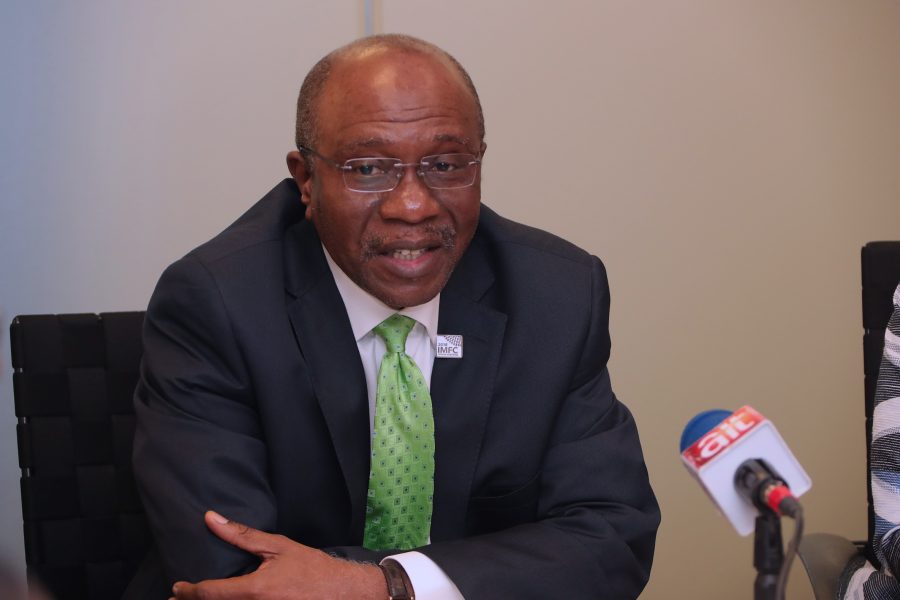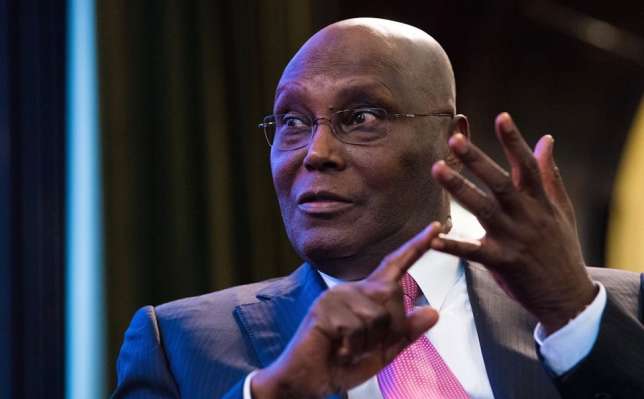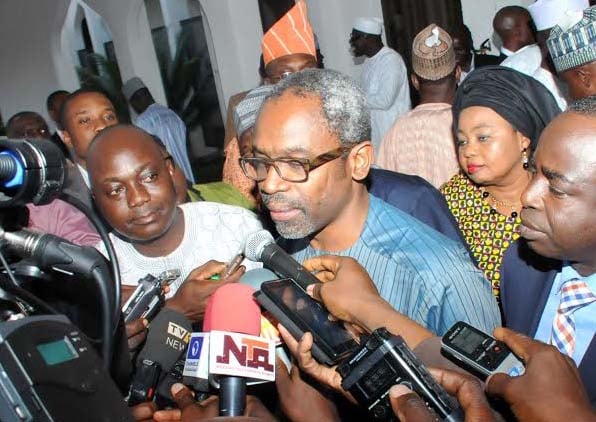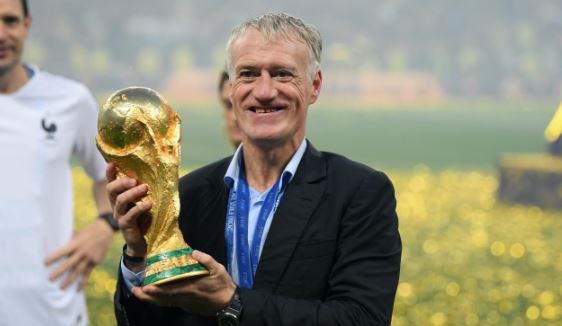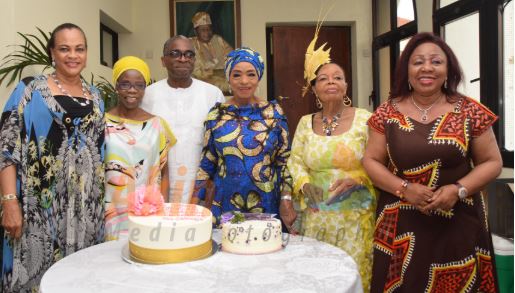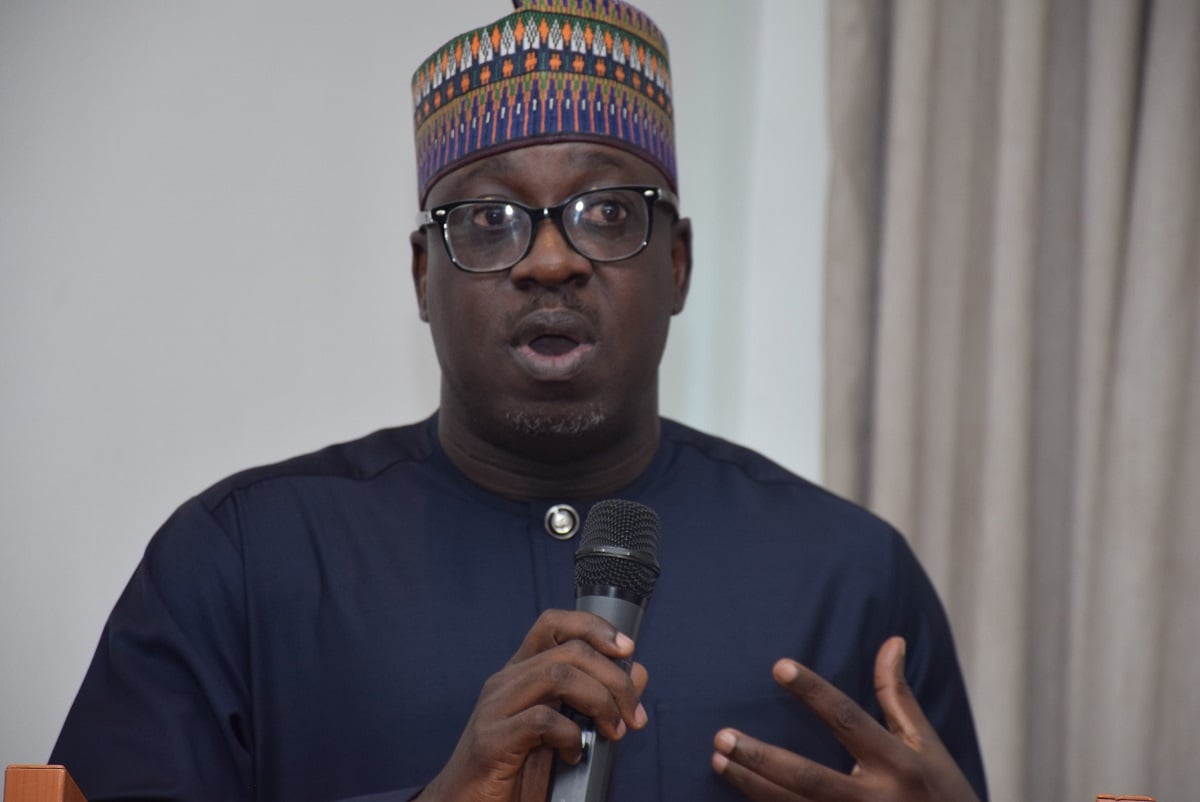The monetary policy committee of the Central Bank of Nigeria has retained monetary policy rate at 14% for the 11th consecutive time.
The rates were first raised in July 2016 to combat rising inflation.
Briefing journalists on Tuesday at the end of the committee’s two-day meeting, Godwin Emefiele, governor of the apex bank, said seven of the nine committee members voted in favour of holding rates.
Emefiele said the considered tightening but it would increase the cost of borrowing.
Advertisement
“The committee considered tightening because it would curb the threat of rising inflation even as the injection from the fiscal authority will provide substantial liquidity,” he said.
“It will rein in inflationary pressures and bring inflation to single digit levels. It will also weaken consumption and raise the cost of borrowing to investors in the domestic economy.
“Loosening could reverse the gains already made with lowered importation, lower bank’s risk appetite and increase non-performing loans.
Advertisement
“Holding will support growth and further moderate inflation, the rate might have lost its effect on the market hence dampened market expectations. to monitor the magnitude of liquidity impact, encourage DMBs to increase the flow of credit to the real economy to consolidate economic recovery.”
Commenting on the committee’s decision, Lukman Otunuga, FXTM research analyst, said election spending could cause the CBN to hold rates for the rest of 2018.
“It should be no surprise that Nigeria’s central bank has left interest rates unchanged at 14% in July despite inflationary pressures cooling.
“There is a suspicion that a combination of domestic and external factors has obstructed the central bank from easing monetary policy. Uncertainty ahead of the 2019 elections and the threat of pre-election spending triggering demand-pull inflation may prompt the CBN to remain on standby. Externally, global trade tensions, an appreciating Dollar and prospects of higher US rates could threaten price stability.
Advertisement
“While a rate cut has the ability to stimulate economic growth in Nigeria, it may widen the divergence in monetary policy between the Fed and CBN, ultimately accelerating capital outflows.
“The CBN may have a tough decision to make during the final quarter of 2018, especially when considering how the Federal Reserve is expected to raise interest rates two more times this year.
“If Nigeria’s economic growth in the second and third quarter of the year is solid and oil prices remain elevated, this could make the CBN’s decision easier.”
Advertisement
Add a comment

